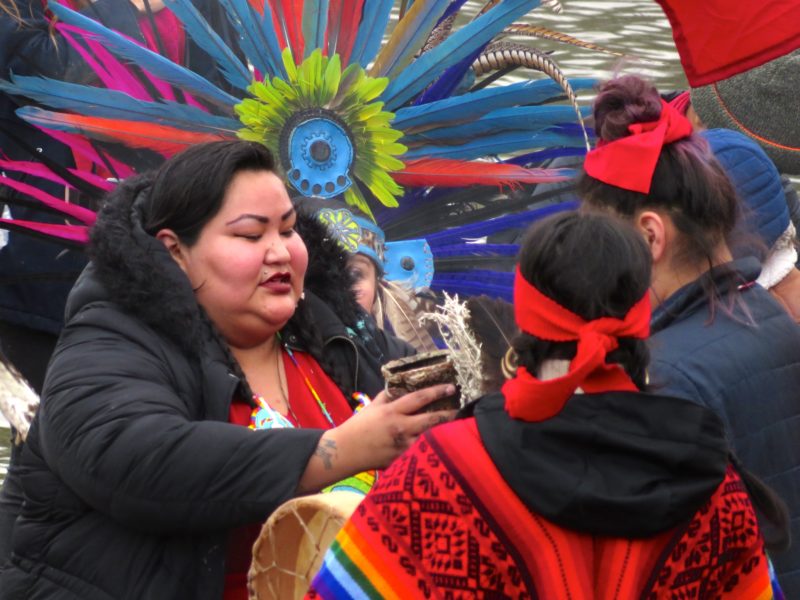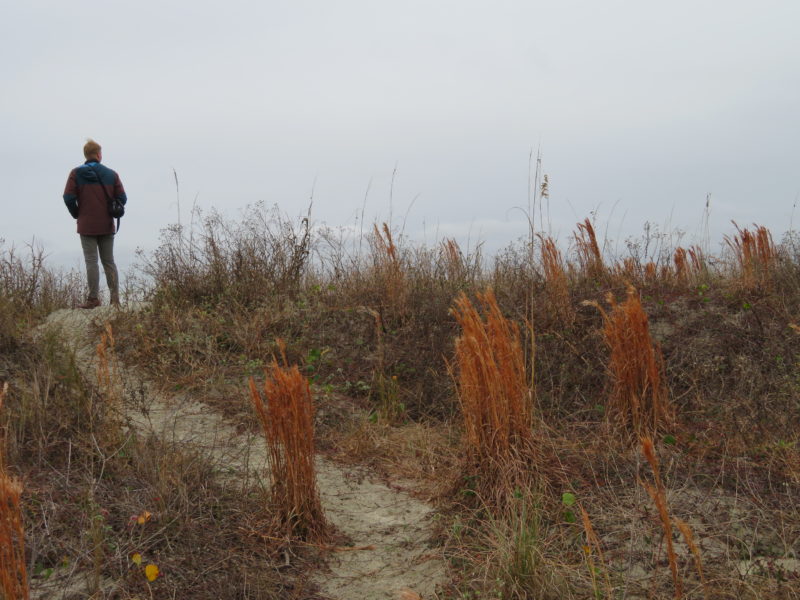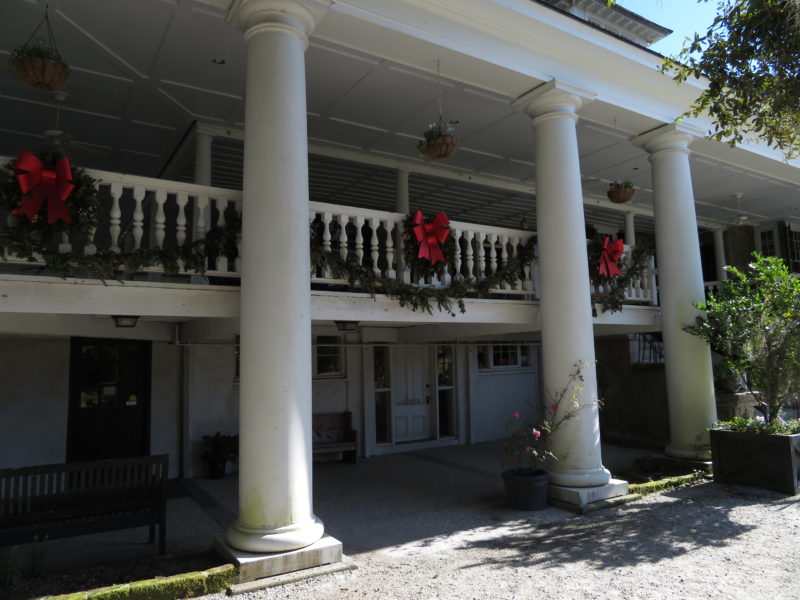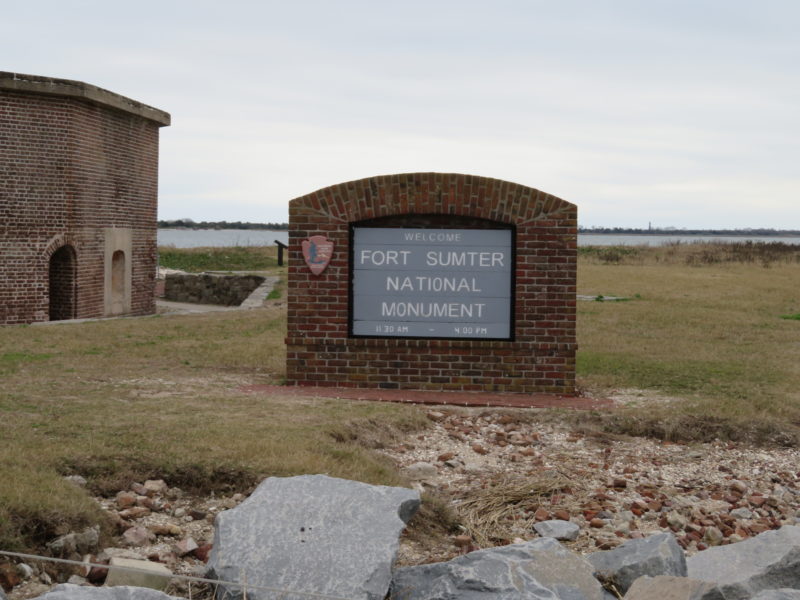
Charleston is located at the Atlantic coast, the latter dotted with small islands, some natural and some man-made to accommodate forts that were intended to protect the city and the commercial trade. Marshlands extend inland, providing perfect conditions to grow rice, and a habitat that accommodates alligators, snakes, all kinds of bugs and birds.




And no, the snake not photographed in the wild, but in the local Aquarium
Fort Sumter was built on a manmade island on top of a sandbar, and it was there that the first shot of the civil war rang, where soldiers from the union were attacked by the confederate forces from Charleston, who laid a three months siege until the unionists surrendered due to impending starvation. Not a single life was lost (except an accidental death), and the troops and officers were sent back to the North on union boats – a stark contrast to the still mind-boggling number of 700 000 or more dead in the war that ensued. (In today’s numbers that would be 12.5 million US dead.)




The National Park Service museum has a simple, effective display of the history of the secession; some facts about slavery, but few details on the horrors other than stunning statistics about child mortality (33 % of all black children died before the age of 10.)

From the museum’s pier you can take a boat tour to the fort and listen to guides give a canned speech, but then also answer your questions in one-on-one conversation.

Much of it centers around the abolitionist cause, the desire to abolish slavery for moral principles or ethical or religious reasons. I have not seen a lot on the issue of economic competitiveness that was so much part and parcel of the conflict, or the other reasons that propelled the seven southern states to secede from the union (this from a Yale open course lecture on secession): So what caused the Civil War? Somebody said “slavery.” Can I hear a “states’ rights?” Can I hear a “conflicting civilizations?” Can I hear “unctuous fury?” Can I hear “fanaticism?” Can I hear “fear?” Can I hear “stupidity?” Can I hear “Goddamn Yankees?”
Jefferson Davis, first and only elected president of the Confederation, pointed to reasons quite contradicting themselves, depending on what time you caught him. Before the war he claimed the South “is confronted by a common foe. The South should, by the instinct of self-preservation, be united. The recent declaration of the candidate and leaders of the Black Republican Party must suffice to convince many who have formerly doubted the purpose to attack the institution of slavery in the states. The undying opposition to slavery in the United States means war upon it, where it is, not where it is not.”
After the war he argued in 1882 that it had nothing to do with slavery whatsoever: “Slavery was in no ways the cause of the conflict but only an incident….“Generally Africans were born the slaves of barbarian masters, untaught in all the useful arts and occupations, reared in heathen darkness, and sold by heathen masters. They were transferred to shores enlightened by the rays of Christianity, put to servitude, trained in the gentle arts of peace and order and civilization. They increased from a few unprofitable savages to millions of efficient Christian laborers. Their servile instincts rendered them contented with their lot, and their patient toil blessed the land of their abode with unmeasured riches. Their strong local and personal attachments secured faithful service. Never was there happier dependents of labor and capital on each other. The tempter came, like the Serpent of Eden, and decoyed them with the magic word, freedom. He put arms in their hands and trained their humble but emotional natures to deeds of violence and bloodshed, and sent them out to devastate their benefactors.”



The link below gives you a detailed and convincing analysis of some of the other factors mentioned above, including an interesting parallel to our times: the conflict between agrarian traditionalists and an urban intellectual class perceived to be foe.http://oyc.yale.edu/history/hist-119/lecture-11
Alas, the parallels don’t stop there – the racism of a plantation-based economy has not only not disappeared, but is re-emerging from its underground retreat.




























































 in the national archives and commented:
in the national archives and commented:














































































